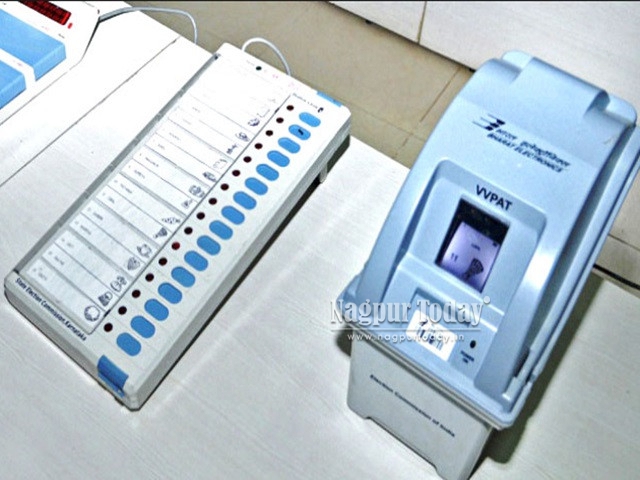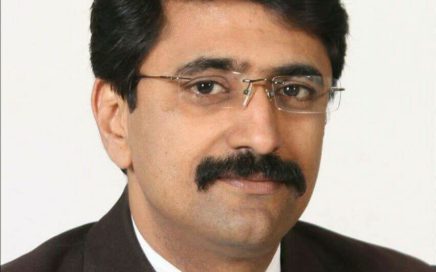
Nagpur: The Nagpur Bench of the Bombay High Court on Friday reserved its judgment on a politically significant petition seeking that the upcoming local body elections in Maharashtra be conducted using ballot papers instead of Electronic Voting Machines (EVMs).
The petition, filed by Congress National Secretary Prafulla Gudadhe-Patil, argues that the ballot system is legally mandatory for civic polls because no statutory rules have been framed for the use of EVMs under various local body laws.
Gudadhe-Patil submitted a detailed rejoinder, pointing out contradictions in the State Election Commission’s (SEC) stand. He argued:
• The SEC earlier stated it cannot introduce VVPAT without specific legal provisions.
• Yet, it now relies on its own administrative orders to justify using EVMs without VVPAT, which the petitioner claims is inconsistent.
He cited statutory rules already in force, including the Municipal Councils and Nagar Panchayats Election Rules (1966), Zilla Parishad Election Rules (1962), and rules under the Municipal Corporation Act, all of which specify ballot paper as the mode of voting.
Referring to the Supreme Court’s landmark ruling in AC Jose vs. Sivan Pillai (1984), he argued that when clear laws and rules exist, an Election Commission cannot override them through executive orders.
Gudadhe also highlighted that under the Conduct of Election Rules, 1961, an EVM includes Ballot Unit + Control Unit + VVPAT, a definition reaffirmed by a 2025 Supreme Court judgment. Therefore, using EVMs without VVPAT in local polls is “technically incomplete and legally impermissible.”
He dismissed the SEC’s claim of delay, stating he had raised the issue before the Commission on October 15, 2025, but received no decision.
VVPAT not required; EVM use valid under constitutional powers: SEC
In an additional affidavit, the State Election Commission defended its decision, asserting:
• Under Articles 243-K and 243-ZA, it has plenary constitutional authority to conduct municipal and panchayat elections.
• Maharashtra’s local body Acts have already been amended to permit the use of EVMs, amendments the petitioner has not challenged.
• Though the State Government has not framed specific rules for EVMs, the SEC has issued comprehensive orders between 2004 and 2016 detailing EVM procedures, modelled on the Conduct of Election Rules, 1961.
These orders have been operational for nearly two decades, the SEC said, with no prior objection from any political party or citizen. It reiterated that VVPAT is not legally mandatory for local body elections and is technically unfeasible to introduce at this stage.
The SEC maintained it had a constitutional duty to fill the procedural gap through its own orders to ensure smooth elections.
Verdict reserved
After hearing both sides, the division bench of Justice Anil Kilor and Justice Rajnish Vyas reserved its decision.
Advocates Firdos Mirza, Pawan Dahat, and Nihalsingh Rathod argued for the petitioner, while Akshay Naik and Amit Kukdey represented the SEC.














